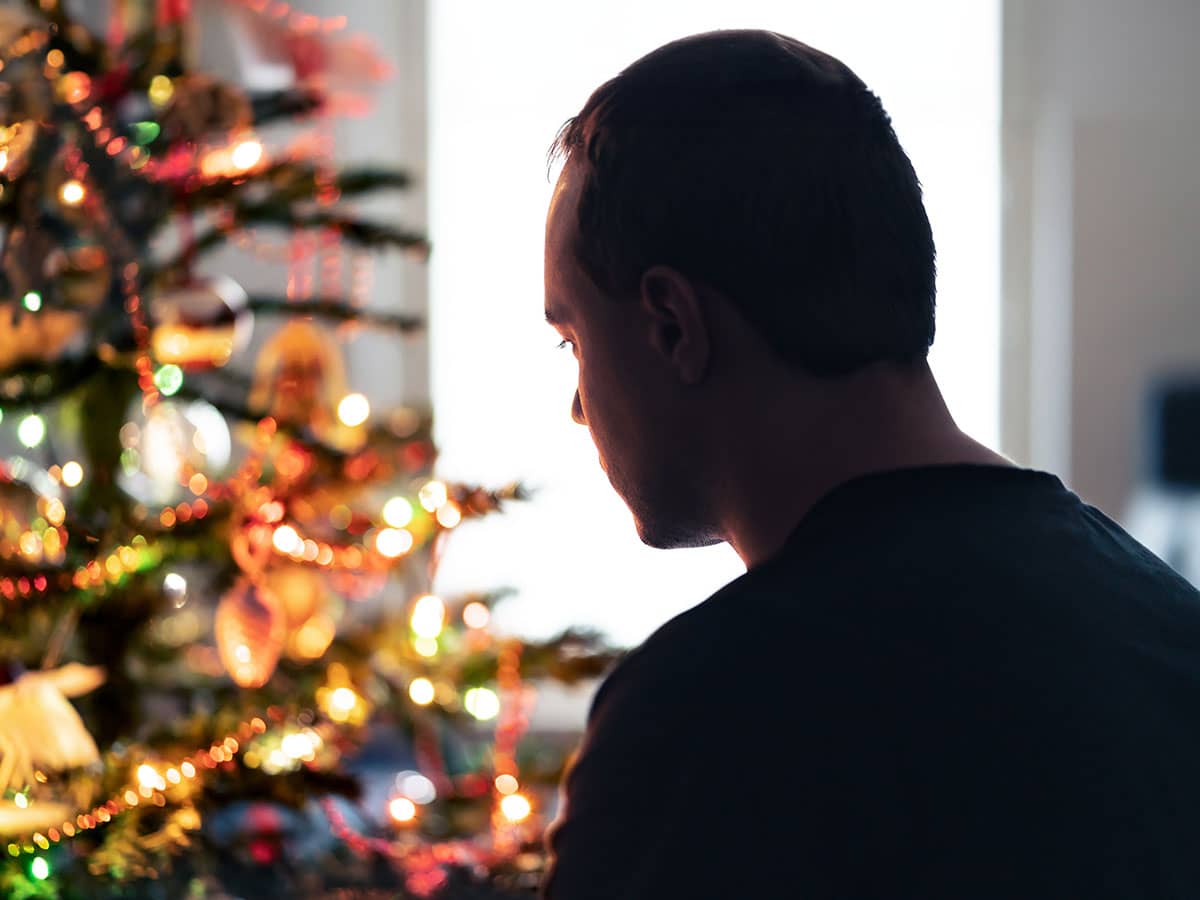Alito would join fellow Catholics Antonin Scalia, Clarence Thomas, Anthony Kennedy and Chief Justice John Roberts on the court. Justices John Paul Stevens and David Souter are Protestants, while Ruth Bader Ginsburg and Stephen Breyer are Jewish.
The development is significant in a number of ways, most notably as near-certain proof that Catholics have finally exorcised the ghosts of anti-Catholicism from politics past.
"It's much deader than people have thought," said Michael Novak, a
conservative Catholic theologian at the American Enterprise Institute. "You almost have to go looking for it. It's not out there screaming at you."
And in a related way, Alito and Roberts' strong support from evangelical Christians shows how much relations between the two faiths have improved over the past 40 years, when many Protestants were deeply skeptical of Catholic John F. Kennedy's run for the White House in 1960.
Many say that support shows that evangelicals have overcome their political qualms in supporting Catholics in public life and cementing a
powerful social-political matrix based on shared values.
"The lines of demarcation between Catholics and Protestants are much
more blurred now than they were even 20 years ago," said Chester Gillis, a theology professor at Georgetown University in Washington.
Richard Land, the president of the Southern Baptist's Ethics and Religious Liberty Commission and a supporter of Alito, said the Second Vatican Council that modernized the church in the 1960s healed many of those divisions, and formed the foundation for a shared alliance against abortion, euthanasia and homosexuality.
"I've got a lot more in common with Pope John Paul II as a Baptist than I do with Jimmy Carter or Al Gore, who are both Southern Baptists," Land said.
But perhaps the most notable reaction to the potential of a Catholic majority on the court has come from Catholics themselves, a mood that Novak summed up as rather "ho-hum."
"It's remarkable that it's so unremarkable," said Dennis Coyle, an associate professor of politics at Catholic University and an expert on the court.
The Supreme Court has historically been dominated by mainline Protestants, especially Episcopalians and Presbyterians. Indeed, of the 109 Supreme Court justices in U.S. history, only 11 have been Catholic, and four of those 11 are currently on the court.
According to an analysis by The New York Times, until 1988 there were never two Catholic justices serving at once.
Despite their growing numbers, Catholics in recent years -- or at least conservative Catholics -- have faced obstacles in winning judgeships. In 2003, Catholic William Pryor's nomination to an appeals court was stalled over questions of his "deeply held religious beliefs," which conservatives said was coded concerns about his opposition to abortion.
When Roberts was nominated to the high court in July, Republicans warned that similar questions about his faith were off limits, and Roberts himself told senators that "my faith and my religious beliefs do not play a role" in deciding cases.
Because Alito seems to share Roberts' conservative Catholic faith, watchdog groups said they would rebuff any attempts to make an issue of Alito's religious beliefs.
"It's irrelevant to the question of his suitability to the court," said Brian Burch, vice president of Fidelis, a Catholic group formed to support conservative nominees. "Religious faith should not be used to support or detract from the qualifications of a candidate."
Catholic scholars and theologians, meanwhile, caution against reading too much into Alito's religion, or a Catholic majority on the court. They point out that Justice William Brennan, a Catholic who served from 1956-1990, joined the majority opinion in the Roe vs. Wade decision that legalized abortion, and that Justice Anthony Kennedy voted to uphold Roe vs. Wade.
In other words, don't expect a court dominated by Catholics to necessarily reflect church teaching against abortion, euthanasia, capital punishment or homosexuality.
"All Catholics don't think identically, either to Rome or to each other," said Gillis, of Georgetown. "To say that all Catholics are ideologically identical and will vote in identical manners is inaccurate."

